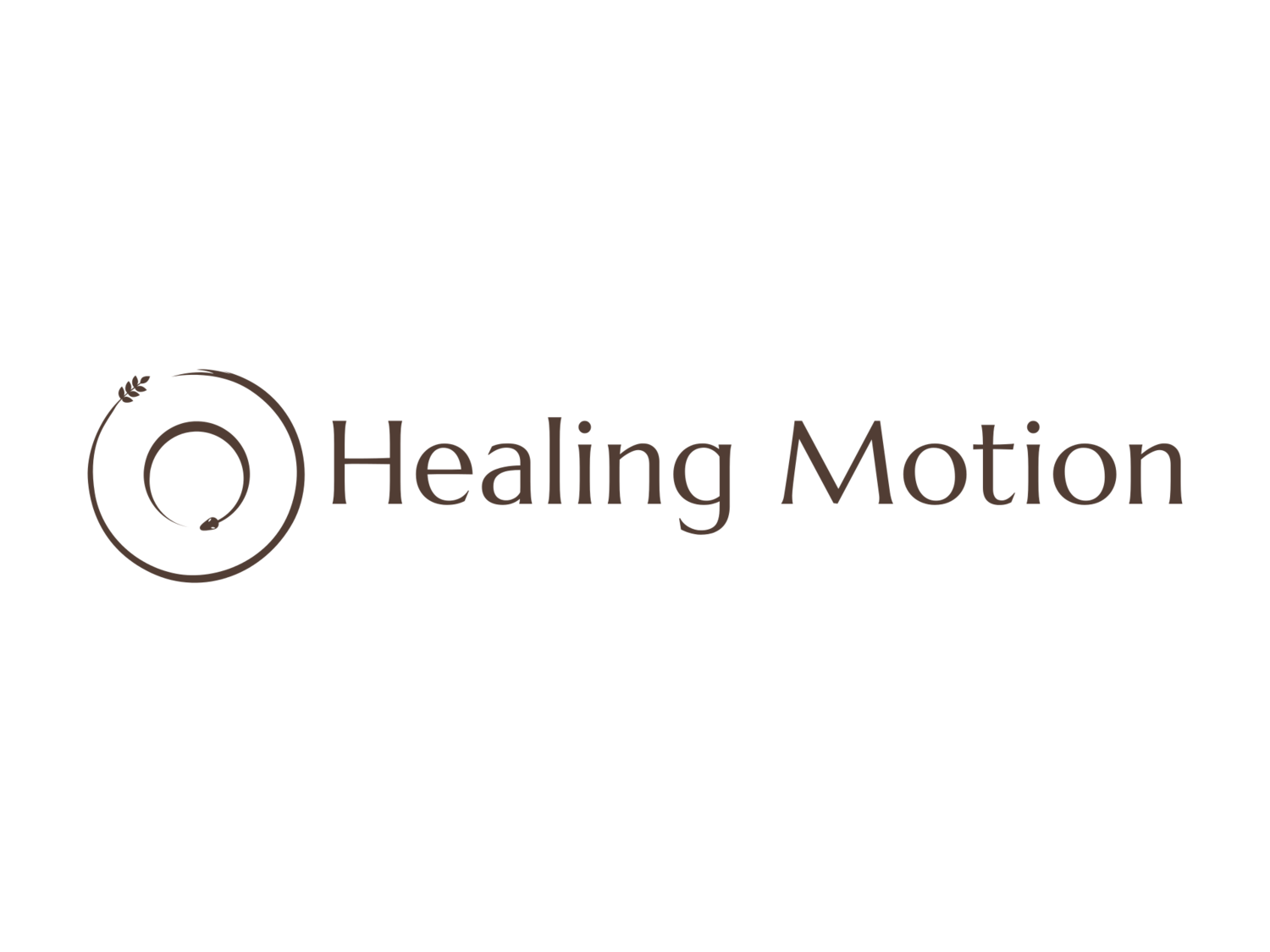Nervous System and Anxiety
I have sleep challenges. Firstly, I am a vivid dreamer, and a sleep ninja (I kick, talk, and do alligator death rolls in my sleep). I used to pride myself on being able to function on 3-4 hours of sleep a night. I was the 30 minute cat nap queen when I was dancing professionally, dosing off between rehearsals, classes and performances.
However, over time I noticed that inadequate sleep was profoundly impacting my nervous system. And my ability to manage other aspects of my life were being greatly affected as well. It has taken me a very long time to admit to myself that my sleep patterns are not a part of who I am, but a direct result of how I am (or am not) managing my stress and anxiety.
The people who support me (naturopathic physician, SEP, exercise coach, Rolfer; I told you it takes a village to maintain my ability to hold space for others) also bring my attention back to my sleep when they notice I am out of balance. Because, usually my anxiety does not show up as panic attacks, emotional outbursts, or high levels of physical discomfort. It shows up at 2am when I am lying awake wondering why my brain has kicked on and I am suddenly thinking about random things I can’t control. I don’t feel stressed, I’ll reassure myself, however, my sleep is a pretty accurate indicator of the truth around my anxiety level, and it has taken me years to use it as a gauge.
Our sympathetic nervous systems (fight, flight, fawn) can be activated by either our body telling our brain that something is wrong through changes in our breath, heart rate, pain level, or digestion, or our brain convincing our body that something is wrong through catastrophizing, over analyzing, or worrying. Anxiety can feel like a spinning at the bottom of the drain, never allowing us to fully feel that calm awareness or rest and digest of our parasympathetic nervous system engaging.
One way that I have assisted my own sleep is to decrease my cortisol levels (sweating, crying or a blocker are ways to assist your body if your cortisol levels are too high for your body to naturally absorb it). And I attempt to maintain some sort of personal practice around nervous system balance. My sleep is still a work in progress, but I know now that 5 hours of uninterrupted sleep for me is an indicator that my nervous system is managing it’s anxiety and my PNS is engaging at some level.
Here are some questions to ask yourself if you aren’t really sure how anxiety might be getting stuck in your nervous system:
What are your anxiety indicators?
How can you tell if your anxiety is getting too much for your nervous system to handle?
Does it affect other aspects of your life or health?
What are some supportive practices that you do that you think offer indications of balance, PNS engagement, and sustainable anxiety management?
Do you need assistance?
